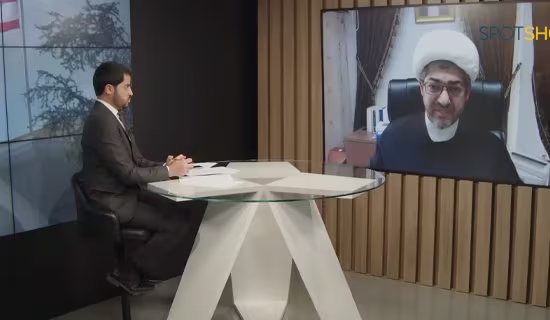
Following are excerpts from an interview with Gamal Al-Sadat, son of former Egyptian president Anwar Al-Sadat, which aired on Dream 2 TV on March 30, 2011:
Gamal Al-Sadat: My father was a strong believer. They accused him of heresy, and said he joined hands with the Zionists. But my father said that this was the best solution, given the circumstances of that time. If the circumstances had been different... By God, even at home – you can ask my mother about this – he would say: My son, today I have... We feared for him. We thought: How can it be? With Israel?! We had been brought up in an atmosphere… Israel was the enemy.
Interviewer: It is still so to this day. This notion has not been forgotten. We still talk about the "enemy neighbor."
Gamal Al-Sadat: I don't dispute this, but he used to say... I'd like to say two things about this. First, he used to say that he had no other solution to offer, and that if anyone had such a solution, he should step forward. Second, when I consider the current circumstances, I cannot say that I am happy about what is going on. No. But if people continue to fight, to kill, and to shed blood, they will never achieve reconciliation.
We should take an example from a place far away from Egypt. Nelson Mandela spent 28 years in a South African prison. When he was released, did he set out to settle scores, or did he deal with the very people who sent him to prison, for the sake of his country?
Interviewer: He brought about the great reconciliation in South Africa.
Gamal Al-Sadat: What I am trying to say is that if we want to live in a civilized world, and realize humanity in its lofty form, we must learn how to sit face to face [with our enemies], and talk in order to resolve our problems. We must be able to forget to some extent... Both the Arabs – especially the Palestinians – and the Jews have their own arguments. Obviously, what happened to the Palestinians is a tragedy.
Interviewer: Every reconciliation requires justice. Can we achieve justice? It's difficult to answer this right now. Any reconciliation, anywhere in the world, requires justice. In the Palestinian-Israeli conflict, not a single iota [of justice] was achieved.
Gamal Al-Sadat: But in order to achieve this, the first step is to be prepared to forget that blood was shed by both sides, so that the future generations will not shed blood as well.
[...]













